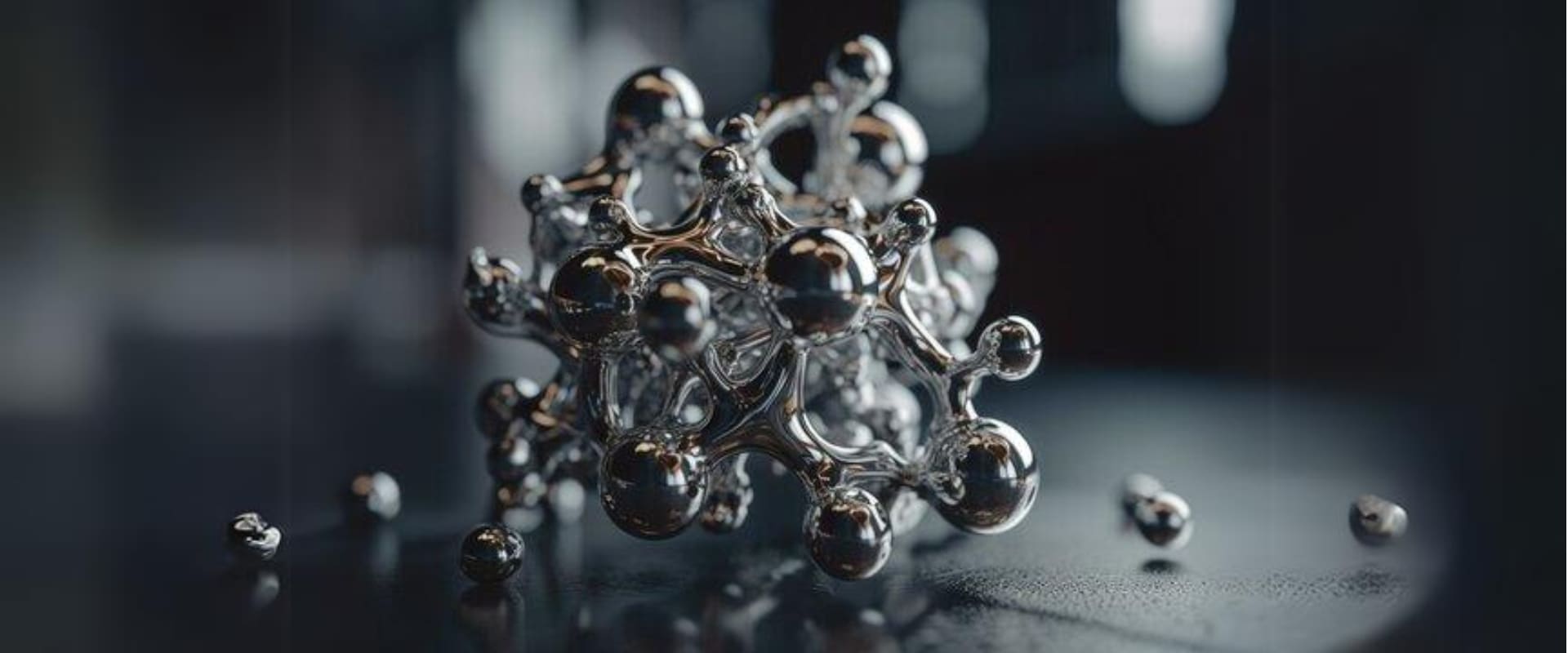Abstract
Waterborne diseases, linked to fecal contamination and indicated by E-coli, are a global health concern. Recent studies propose a solution: nano-silver deposition on Polypropylene Water Filters, enhancing microorganism removal, particularly against E-coli. Nano-silver's antimicrobial properties, applied to the filter, create an effective defense against bacterial contaminants. This approach shows promise in combating waterborne diseases, ensuring potable water meets stringent standards. Additionally, nano-silver contributes to sustainable water treatment, extending filter lifespan and aligning with eco-friendly purification methods, exemplifying ongoing efforts to address global health challenges.
Blog
The pervasive issue of waterborne diseases, often stemming from fecal contamination, remains a global health concern, with bacteria, particularly E-coli, serving as a primary indicator of compromised water quality. The adverse health effects resulting from exposure to contaminated water underscore the urgency to explore innovative and effective solutions for water purification. In this context, recent studies have shed light on a promising avenue – the use of nano-silver deposition on commercial Polypropylene Water Filters – as a means to significantly enhance their effectiveness in removing microorganisms and addressing the challenges associated with fecal contamination.
Fecal contamination of water sources, indicated by the presence of bacteria like E-coli, poses a grave threat to public health on a global scale. Waterborne diseases linked to such contamination can lead to severe illnesses, affecting communities and populations worldwide. The urgent need to address this critical issue has spurred research efforts to devise advanced water purification strategies that go beyond conventional methods.
Nano-silver deposition on commercial Polypropylene Water Filters emerges as a noteworthy advancement in the pursuit of improved microorganism removal effectiveness. Silver, renowned for its antimicrobial properties, has long been recognized for its ability to inhibit the growth and proliferation of a wide range of microorganisms. By incorporating nano-sized silver particles onto the surface of Polypropylene Water Filters, researchers aim to leverage these inherent antimicrobial attributes to enhance the filter's capacity to neutralize and eliminate bacteria, particularly the resilient E-coli.
The process of nano-silver deposition involves the application of minuscule silver particles onto the filter material, creating a surface with enhanced antimicrobial properties. These nano-sized particles offer a higher surface area and increased reactivity, enabling them to interact more effectively with microorganisms present in the water. As water flows through the filter, the deposited nano-silver acts as a potent antimicrobial agent, significantly reducing the concentration of bacteria and enhancing the overall purification process.
Recent studies exploring the efficacy of nano-silver deposition on Polypropylene Water Filters have shown promising results. The enhanced microorganism removal effectiveness of these modified filters holds considerable potential in combating waterborne diseases associated with fecal contamination. The antimicrobial action of nano-silver serves as a robust line of defense against bacterial contaminants, contributing to the production of potable water that meets stringent quality standards.
The utilization of nano-silver deposition also represents a notable advancement in sustainable water treatment solutions. The inherent durability and stability of nano-silver make it a long-lasting and effective antimicrobial agent, extending the lifespan of the modified Polypropylene Water Filters. This longevity contributes to the economic feasibility and environmental sustainability of the technology, aligning with the broader goals of creating efficient and eco-friendly water purification methods.
In conclusion, the application of nano-silver deposition on commercial Polypropylene Water Filters emerges as a promising strategy to elevate their microorganism removal effectiveness, particularly in addressing fecal contamination marked by the presence of bacteria like E-coli. As research in this area progresses, the potential benefits of this innovative approach extend beyond enhanced water purification to encompass sustainability and improved public health outcomes. The convergence of nanotechnology and water treatment exemplifies the ongoing efforts to devise robust solutions to pressing global challenges.



